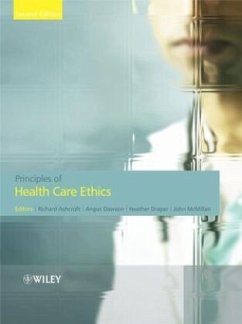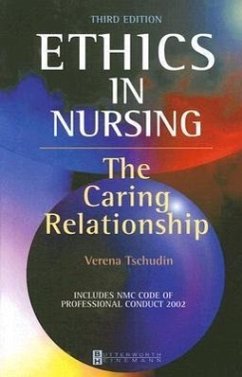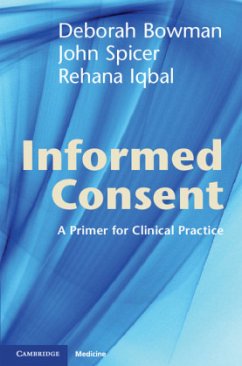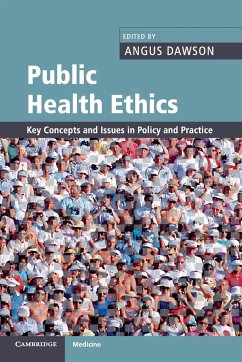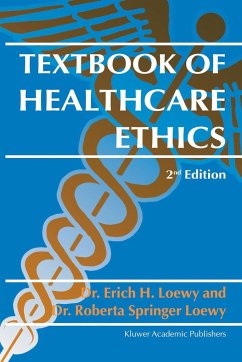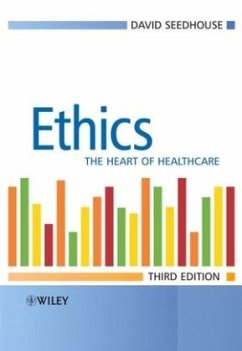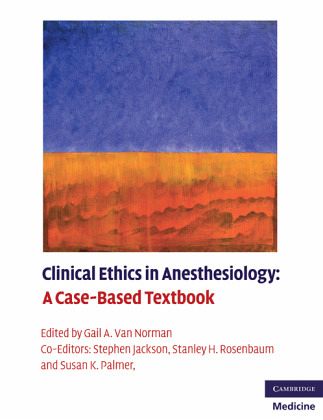
Clinical Ethics in Anesthesiology
A Case-Based Textbook
Eds.: Van Norman, Gail A.; Jackson, Stephen; Rosenbaum, Stanley H. et al.
Versandkostenfrei!
Versandfertig in über 4 Wochen
95,99 €
inkl. MwSt.
Weitere Ausgaben:

PAYBACK Punkte
48 °P sammeln!
Ethical issues facing anesthesiologists are more far-reaching than those involving virtually any other medical specialty. In this clinical ethics textbook, authors from across the USA, Canada and Europe draw on ethical principles and practical knowledge to provide a realistic understanding of ethical anesthetic practice. The result is a compilation of expert opinion and international perspectives from clinical leaders in anesthesiology. Building on real-life, case-based problems, each chapter is clinically focused and addresses both practical and theoretical issues. Topics include general oper...
Ethical issues facing anesthesiologists are more far-reaching than those involving virtually any other medical specialty. In this clinical ethics textbook, authors from across the USA, Canada and Europe draw on ethical principles and practical knowledge to provide a realistic understanding of ethical anesthetic practice. The result is a compilation of expert opinion and international perspectives from clinical leaders in anesthesiology. Building on real-life, case-based problems, each chapter is clinically focused and addresses both practical and theoretical issues. Topics include general operating room care, pediatric and obstetrical patient care, the intensive care unit, pain practice, research and publication, as well as discussions of lethal injection, disclosure of errors, expert witness testimony, triage in disaster and conflicts of interest with industry. An important reference tool for any anesthesiologist, whether clinical or research-oriented, this book is especially valuable for physicians involved in teaching residents and students about the ethical aspects of anesthesia practice.





